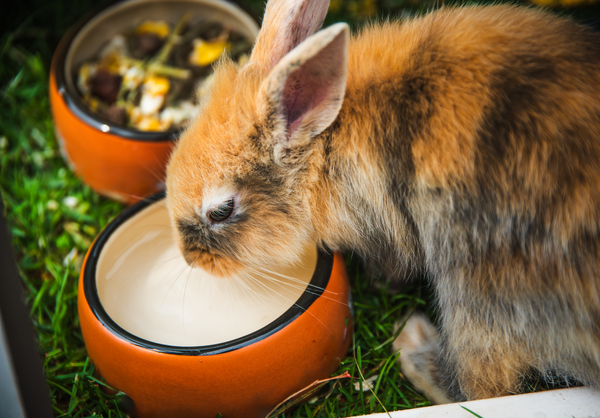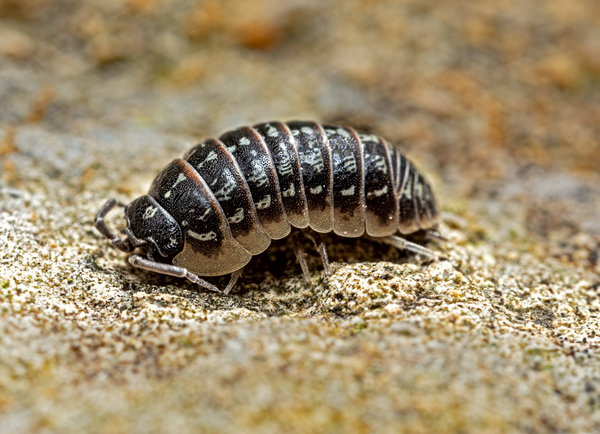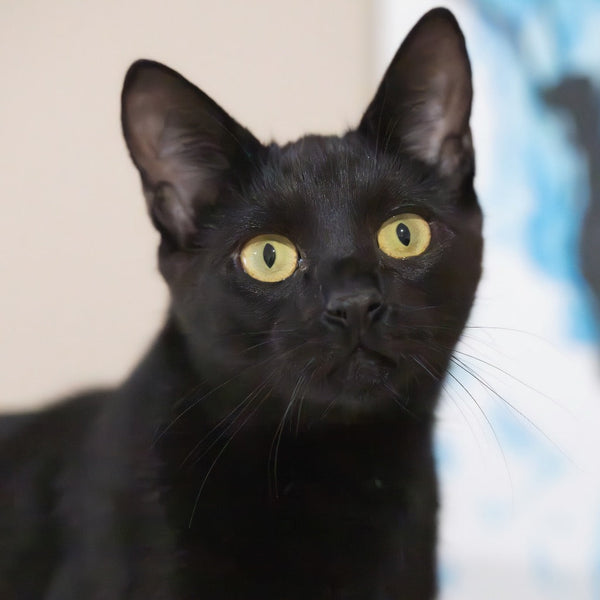The first week of November marks Bird Health Appreciation Week, a great opportunity to focus on our feathered friends and appreciate them and the joys they bring to our lives. Of course, appreciating them also includes appreciating their health and what we can do to help them thrive.
-
Offer the correct foods
Birds have a heavy requirement for varied diet, meaning seeds themselves do not suffice long term. They require a balance of minerals, fats, proteins, and carbohydrates, as well as a source of fresh, clean water. Roughly 80% of a bird’s diet should consist of a pelleted food specifically formulated for them; this will ensure they receive enough of the nutrition required. The other 20% of food offered should consist of fruits, seeds, and vegetables to offer a variety for mental stimulation and additional nutrition.
If you’re unsure of what to feed your bird, you should consult your veterinarian. We can always offer suggestions in store as well to help get you on the right path!
-
Maintain cleanliness
Birds can be messy, and with sensitive respiratory systems a messy cage can lead to problems down the road. To help keep things clean for your bird, you should be changing food and water daily, as well as replacing your cage liner and removing any discarded food and excess droppings. At least once a month, you should give the cage a thorough scrub down and give a nice deep clean to toys and perches.
Keeping your birds cage clean plays a pivotal role in their long-term health and can easily add years to their lives!
-
Play with toys!
Birds are very curious and inquisitive, especially parrots. Their mental health is just as important as their physical health, and having a good variety of toys that change in the cage regularly can do a lot to keep them happy and stimulated. Keeping their lives full of enrichment can help regulate any behavioral issues as well.
-
Monitor their health
A healthy bird should be active, alert, and clear eyed, with shiny feathers and a good appetite. If you notice any abnormal behavior, a loss in luster in their plumage, or a disinterest in food, then you will want to consult your veterinarian to make sure anything hiding away is treated. Much like dogs or cats, your bird should be visiting the vet at least once a year for a general health checkup!
We hope this helps you with the continued health of your avian companion. If you have general questions about your bird and what you can do to make its life more enjoyable, we can always recommend you great options for food, toys, and cages!




